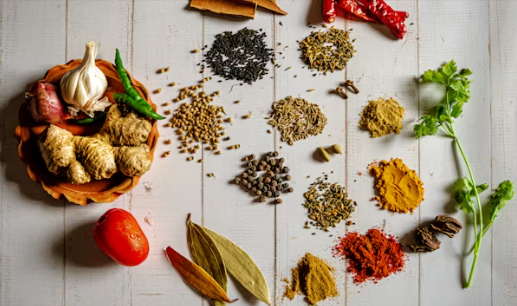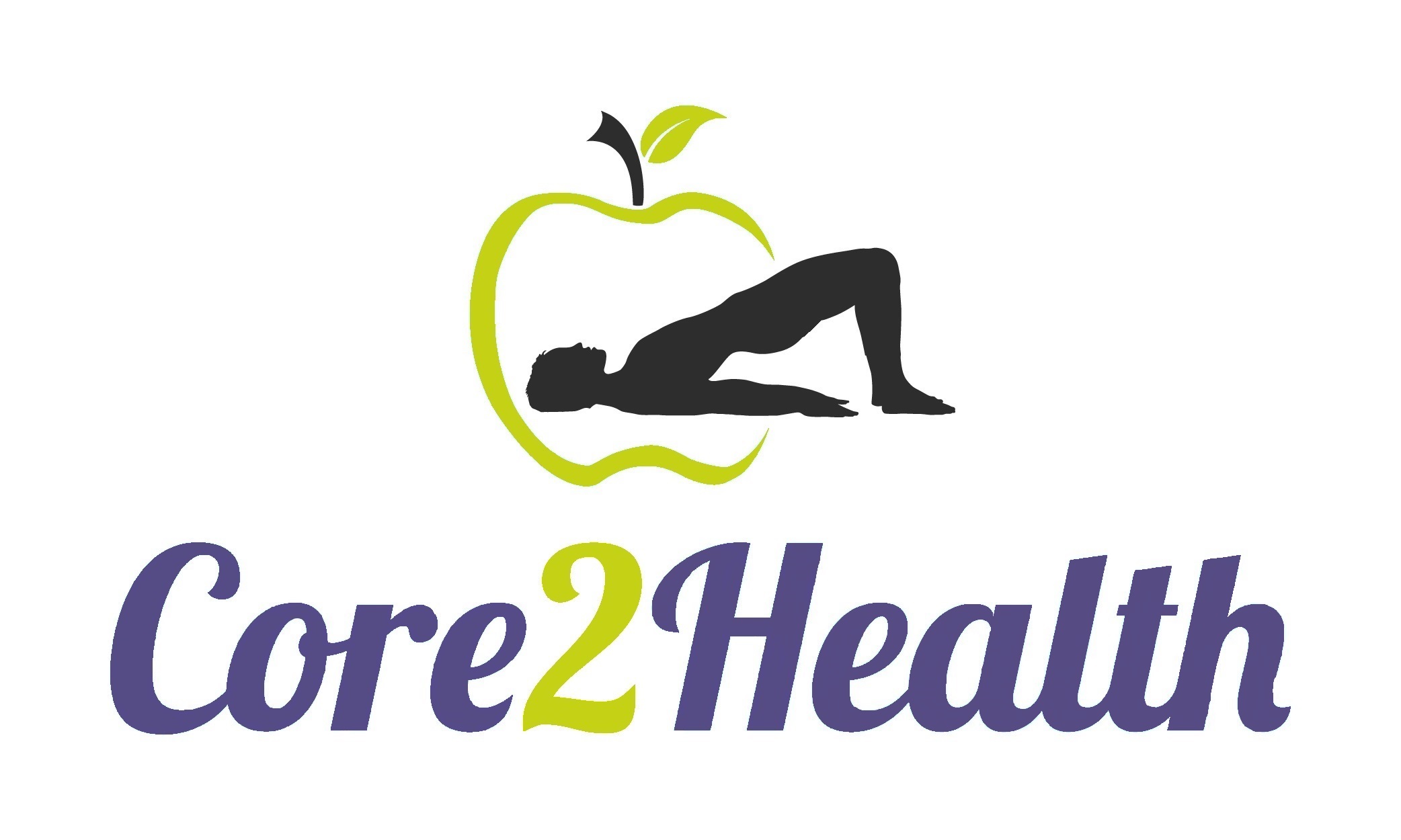
Spice Up Your Life
Welcome to our guide on how to "Spice Up Your Life" by integrating the remarkable benefits of spices into your daily diet. Whether you're a cooking novice or a seasoned chef, spices offer an exciting and accessible way to enhance your meals and boost your health. In this comprehensive article, we'll dive into the nutritional benefits of spices, how to use them effectively, and explore which spices can benefit different parts of your body. Get ready to spice up your life and transform your health!
The Benefits of Spices: How They Improve Your Health
Spices are more than just flavor enhancers; they are powerful sources of nutrients, antioxidants, and compounds that can improve your health. Adding spices to your meals is not only an excellent way to elevate flavor but also a strategic approach to incorporate health benefits seamlessly into your diet.
- Antioxidant Properties: Many spices contain high levels of antioxidants, which help protect your body against free radicals and oxidative stress.
- Anti-inflammatory Effects: Certain spices have properties that can reduce inflammation in the body, potentially easing conditions like arthritis or chronic pain.
- Digestive Aid: Spices can improve digestion by stimulating digestive enzymes and improving gut health.
- Boosting Metabolism: Some spices have thermogenic effects, meaning they can increase your body's energy expenditure and aid in weight management.
Spice Up Your Life with these Healthy Spices
To help you spice up your life, we've created a list of healthy spices and broken down which parts of the body they benefit:
|
|

Using spices regularly in your diet can significantly enhance your overall health and well-being. By incorporating these flavorful ingredients, you not only add delicious aromas and tastes to your meals but also unlock a treasure trove of health benefits.
- Immune Support: Spices like garlic and oregano bolster your immune defenses, helping you ward off common illnesses.
- Reducing inflammation: Using spices is effective, as they contain natural compounds like curcumin in turmeric and gingerol in ginger, which alleviate swelling and pain.
- Heart Health: Cinnamon and garlic are particularly beneficial for cardiovascular health, aiding in lowering cholesterol and blood pressure.
- Better Metabolism: Spices such as cayenne pepper kickstart your metabolism, aiding in weight loss and energy regulation.
- Digestive Health: Using spices for digestive health can enhance nutrient absorption and ease discomfort, with spices like ginger and fennel promoting efficient digestion and reducing bloating.
- Improved Mood and Stress Reduction: The aromatic properties of spices like lavender or cinnamon can have calming effects, reducing stress and improving mood.
How much do I need to use?
Here's how much you generally need to incorporate spices into your diet to reap their health benefits:
- Turmeric and Ginger: For optimal health benefits, aim for 1/4 to 1 teaspoon per day. This amount can effectively provide anti-inflammatory and antioxidant advantages. You can add turmeric to curries or smoothies and ginger to teas or stir-fries.
- Cayenne Pepper: Start with 1/8 teaspoon per day, especially if you're sensitive to heat. As your tolerance increases, you can gradually add more to dishes, like soups or salads, to boost metabolism and provide cardiovascular benefits.
- Cinnamon: Incorporating 1/2 teaspoon per day can help regulate blood sugar levels and provide antioxidant benefits. Add it to your morning oatmeal, coffee, or yogurt for a flavorful and healthy start to your day.
By wisely integrating these quantities into your daily meals, you can enjoy both the flavorful and health-enhancing properties of these spices, truly "spicing up your life."
These recommendations serve as general guidelines for incorporating spices into your diet to maximize their health benefits. It's important to adjust these amounts based on your personal preferences and tolerance. Each spice offers unique health advantages, and I'll provide more detailed information if you click on the spice link for specific insights and tips related to each spice.
As you can see, to spice up your life is not just about adding flavor to meals but about investing in your health through the potent natural power of spices. Whether you’re looking to boost your immune system, enhance digestion, or simply make your meals more interesting, spices can play a pivotal role in your wellness journey. Start experimenting with spices today, and let them transform not only what you eat but how you live, creating a healthy, conscious, and delicious lifestyle shift.
Connect with Us!
Stay inspired and informed by following us on social media. Get tips, motivation, and updates on all things Pilates, nutrition, and wellness. Join our community and take the next step towards a healthier, happier you!
